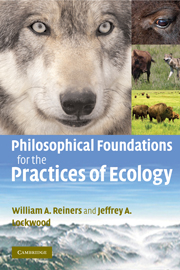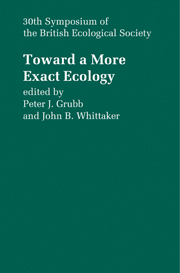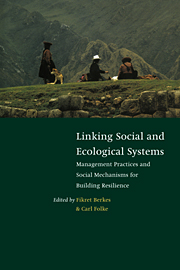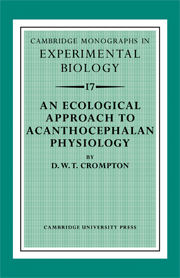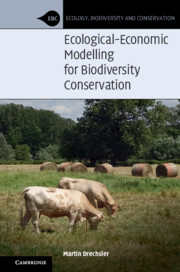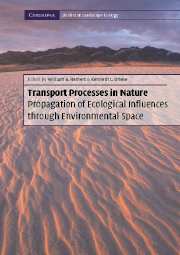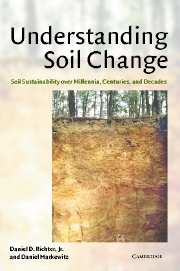Philosophical Foundations for the Practices of Ecology
Ecologists use a remarkable range of methods and techniques to understand complex, inherently variable, and functionally diverse entities and processes across a staggering range of spatial, temporal and interactive scales. These multiple perspectives make ecology very different to the exemplar of science often presented by philosophers. In Philosophical Foundations for the Practices of Ecology, designed for graduate students and researchers, ecology is put into a new philosophical framework that engages with this inherent pluralism while still placing constraints on the ways that we can investigate and understand nature. The authors begin by exploring the sources of variety in the practice of ecology and how these have led to the current conceptual confusion. They argue that the solution is to adopt the approach of constrained perspectivism and go on to explore the ontological, metaphysical, and epistemological aspects of this position and how it can be used in ecological research and teaching.
- Explains why such a variety of perspectives is inevitable in ecology, how such pluralism is philosophically sound and why ecology must be different from idealised views of physics
- Shows how the various practices of ecology relate to the three principal branches of philosophy and especially to the search for truth and knowledge
- Promotes an acceptance of multiple perspectives contributing to understanding ecological questions about nature
Reviews & endorsements
"Reiners and Lockwood write with remarkable clarity and simplicity. The authors' passion for, and mastery of, both ecology and philosophy emerge through their work. The combination of wit and zeal make this book accessible despite the intricacy of its subject matter. Reiners' and Lockwood's text is nothing short of a scholarly, replete with valuable observations and brilliant analyses of the bearing of philosophy on modern science. With respect and thoughtful consideration of both disciplines, the authors arrive at a means of incorporating the insights of philosophy and ecology in a manner that preserves the integrity of each and which promises to foster their development well into the future."
Chris Hall, Econozon
Product details
December 2009Hardback
9780521115698
228 pages
229 × 152 × 14 mm
0.48kg
5 b/w illus. 1 table
Available
Table of Contents
- Preface and acknowledgements
- 1. Introduction
- 2. Conceptual confusion in ecology and its causes
- 3. Causes of ecology's conceptual confusion
- 4. Finding ourselves in philosophical terms
- 5. Ecological pragmatism and constrained perspectivism - an introduction
- 6. Ecological pragmatism and constrained perspectivism - ontology
- 7. Ecological pragmatism and constrained perspectivism - metaphysics
- 8. Ecological pragmatism and constrained perspectivism - epistemology
- 9. Ecological pragmatism and constrained perspectivism - a summary
- 10. The practice of constrained perspectivism in ecology
- 11. What constrained perspectivism offers to the teaching of ecology
- 12. The heroic handy man and the future of ecology
- Glossary of philosophical terms
- Index.

